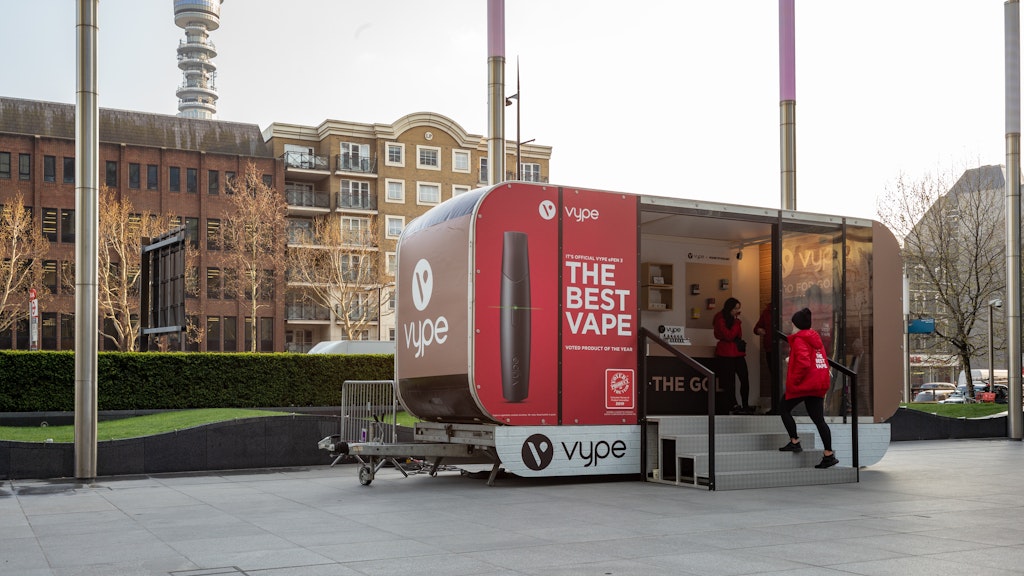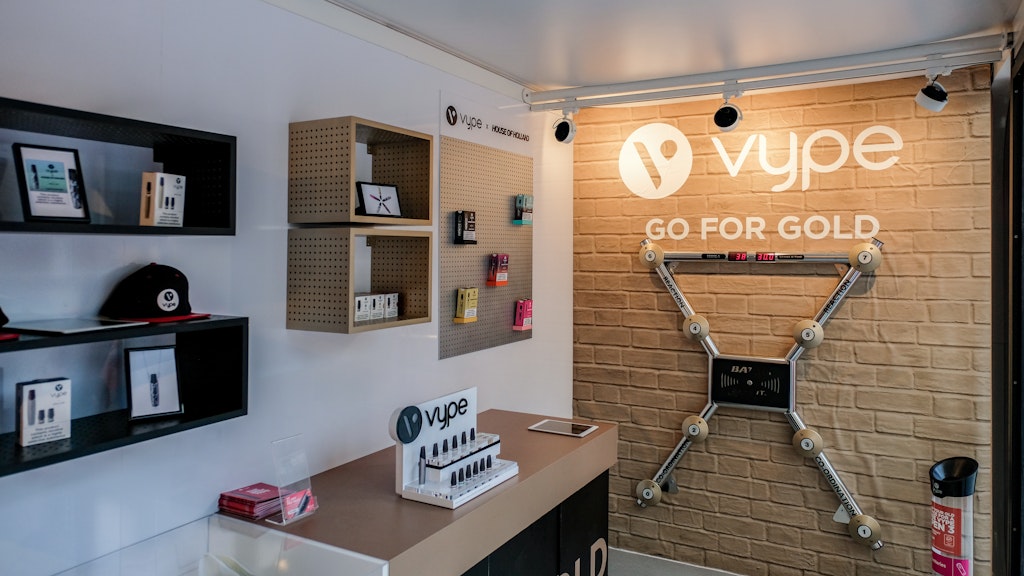
Event Retail.
At the end of 2019, the outlook for retail in 2020 was the most positive it had been for a number of years.
As we approached the start of 2020 the key elements of optimism were based on:
- anticipated growth of at least +1% following three and a half years of pain.
- a political landscape (especially in the UK) that had some perceived certainty, that was likely to increase consumer confidence and kick start spending.
- a potential ‘turning point’ for non-food retailers that had adapted well during tougher years.
- a more emotional and values based growth strategy, building stronger ties with customers and brand ambassadors.
- weak food sales over the Christmas of 2019 were expected to set a precedent for a difficult 2020 for supermarkets.
- the number of re-structures and administrations of ineffective and irrelevant brands/retailers was predicted to increase above 2019 levels.
Fast forward to April 2020, and it has to be asked, who on earth could have predicted just a few months ago, how these few points of optimism could be turned upside down.
Supermarkets are currently reporting record results, non-food and some leisure brands are already closing, and the political landscape reflects more of a wartime scenario than what was shaping up as one of the most progressive times in the UK’s recent history.
 AirClad X XPO10 for American Airlines
AirClad X XPO10 for American Airlines
As a player in the events industry, AirClad, no doubt, like many other event based businesses, has seen unprecedented change in how the shape of 2020 is now looking.
Most, if not all, major events over the summer have either been postponed or cancelled, and gatherings for brand activations are prohibited. In such times, change is essential, and we have been carefully monitoring and deliberating over how the future landscape, post Covid-19 might look and feel.
We have questioned how we might be positioned to help shape an industry to reflect the possible behavioural changes that might be adopted, and the challenges that this might set.
The retail landscape, will, no doubt, continue to be a difficult area with different scenarios to be considered:
- will landlords need to increase rents and tenancy agreements to higher than recent levels due to potential shortfalls and empty properties?
- will retailers be able to afford to run multiple sites, many with varying performances, and invest in piles of stock whilst attempting to manage cashflow once more?
- will customers behaviours return to what they once were, or will expectations change with retailers needing to reflect this in a sector that is often slow to be able to administer change quickly?
- will changing attitudes on better, more personal service be possible on skeleton staff levels whilst retailers find their feet once more?
- will brands that have been used to larger scale, brand activations, based on experiential environments, have both the appetite and budgets or even desire and network, to follow a concept that may no longer deliver what they need, or offer a spend/ROI that can be justified?
These are just a few of the questions that we have deliberated over within the AirClad thinktank.
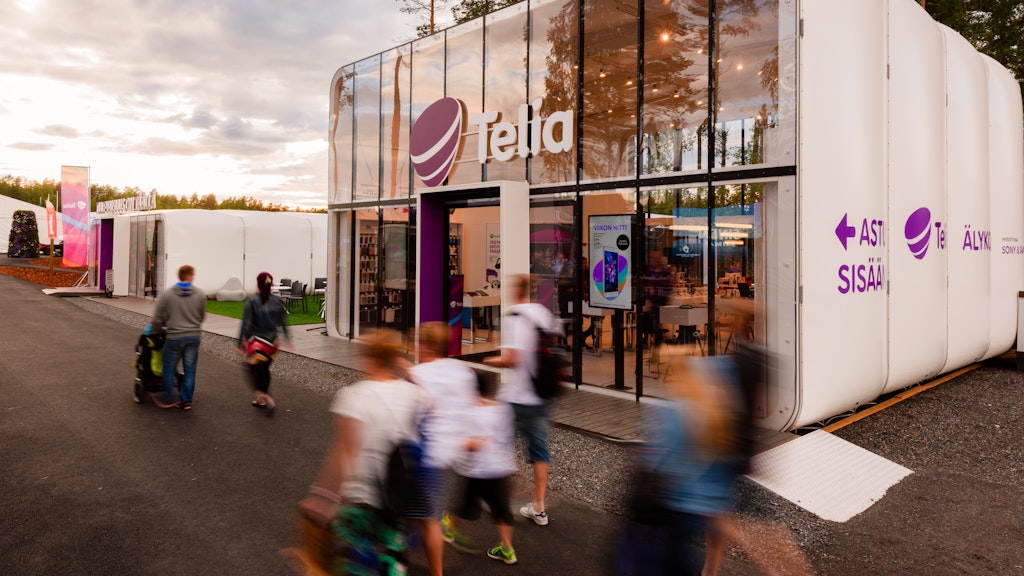
Experience Shapes the Future
Over the last number of years, we have devised internal strategies for AirClad and have targeted new sectors to help extend the reach of the AirClad technologies beyond the events sector.
One of the sectors we targeted just happened to be retail, and as we drove further into the challenges that both retail and events face, we felt there were many synergies that helped us develop what we now refer to as ‘Event Retail’.
In February 2020, before the world changed, AirClad exhibited at Euroshop 2020 in Dusseldorf, the world’s largest show that focuses on retail and retail environment trends.
We attended with the intent of promoting a number of our current event structures from the AirClad [X] range to the retail world.
We saw an opportunity for traditional retailers to experiment with smaller, more dynamic spaces, in a way that is not possible within the constraints of bricks and mortar. Spaces that could literally be located anywhere.
For retailers to have the ability to trial new shopfits in smaller spaces, where learnings could be quick, and change could be administered in the same manner.
New ranges and sub-brands could be launched within their own individual satellite mobile stores, to loyal customers and ambassadors, that could otherwise get lost in larger store environments.
In addition, we saw opportunities for both ‘on-line brands’, to develop a physical entity to their otherwise digital front, without the need for heavy investments and infrastructure, as well as helping to create experiential shopping environments for the larger brands that might be looking to engage on different, more personal and emotional levels than currently possible.
As we spoke to visitors to the stand in Dusseldorf, the likes of Amazon and Levis, endorsed our thinking.
We grew in confidence as the desire for pop-up, mobile and reusable retail spaces, that visually reflect the values and quality architectural based environments of such brands, built throughout the week.
Environments that can reach and engage in ways that have not previously been experienced.
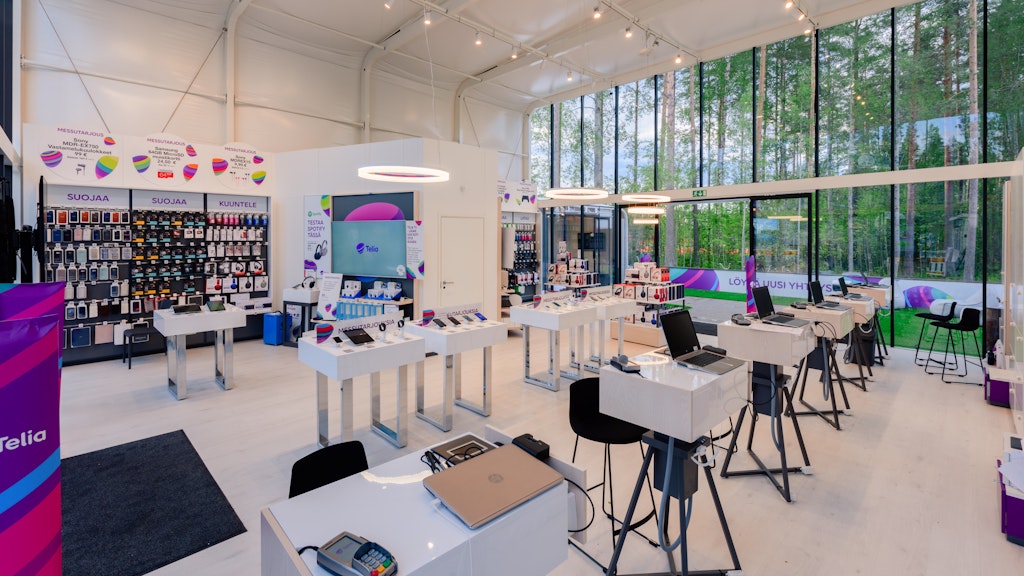

Simultaneously, we have been engaging with existing clients, brands and agencies and understand that in such times, some brands will look to enhance their exposure, whilst others retract.
Spend and ROI will be scrutinised and interrogated to unknown levels and those who manage change successfully, and adapt to the changing market conditions, will be able to take advantage of any shift in consumer behaviours.
Drawing on previous experiences with brands as diverse as Peugeot and Apple Music, we have an understanding how activations in AirClad X structures, have unexpectedly delivered successes in sales, where this may not have necessarily been the primary objective.
On a multi site tour a few years back, Peugeot’s main output was to raise brand and new product awareness. What transpired was, from a small dedicated, capsule branded environment, sales of almost 5000 vehicles exceeded all expectations through focused communication in a relaxed and gentle environment that promoted greater engagement and ultimately, sales.
A smaller, but multi city tour for Apple Music, saw unexpected levels of student sign-ups during what had been targeted as both an experiential and awareness based event.
Event Retailing was has been unravelling before our eyes. With a greater focus on what this now means, is something that is truly exciting, yet ultimately achievable with AirClad.
As we now look to what business may look like beyond where we currently sit, we feel many retailers and brands could re-engage, re-energise and re-launch in a more personal and values focused manner through Event Retail.
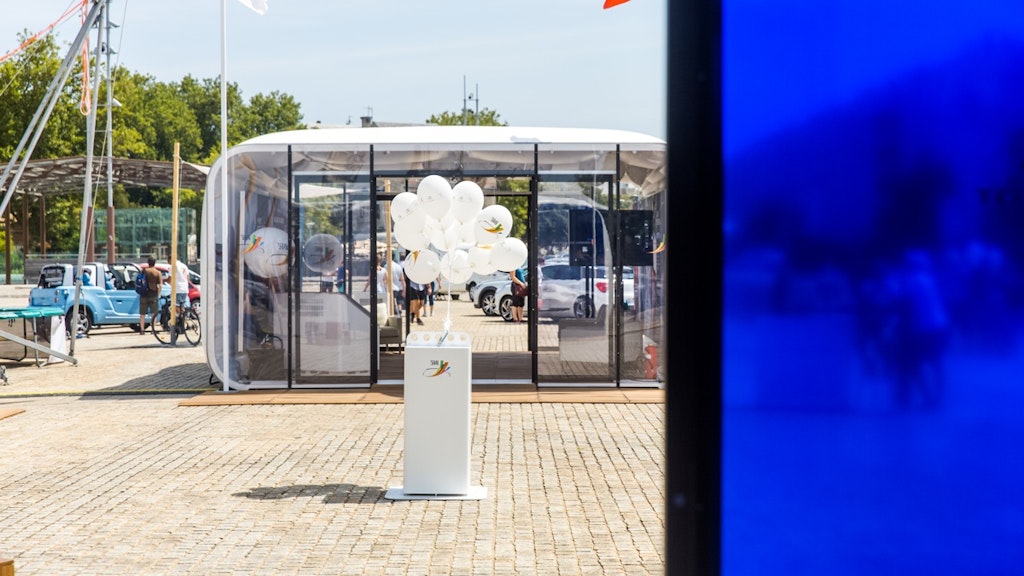
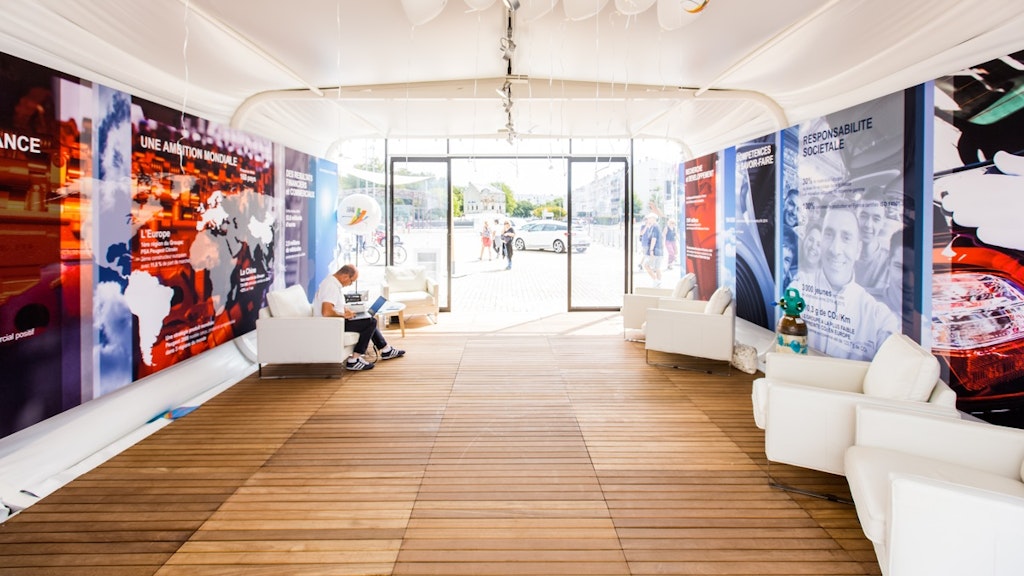
For AirClad, we see our contribution in many ways. We can see the appeal to create fully mobile experiences which allow products and brands to be seen where retail is not possible. To be seen and experienced in remote locations, where the more extreme, the better.
Or to be seen in the unexpected, or to happen so quickly that just being there and seeing it was all the consumption that was needed.
We also see the possibility to enter into derelict spaces which are left behind. To become a warrior of the waste lands where AirClad can ‘bring life to space and space to life’.
With our purpose built, engineered range of mobile, reusable Event Retail structures and spaces, we can support retailers, brands and products that not only promote, but deliver sales.
The predictions from late 2019 for the remainder or 2020, may be achievable after all?
For more information on Event Retail contact us here.
